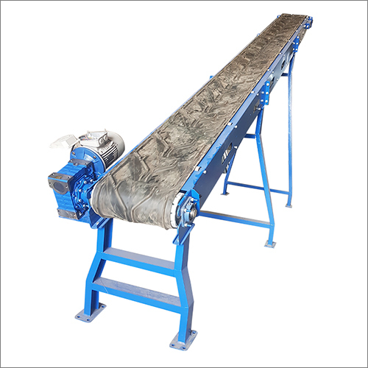A belt conveyor is an essential component of material handling systems, facilitating the seamless movement of goods or materials along a continuous looped belt. Its construction typically involves a durable conveyor belt supported by rollers or idlers, driven by a motorized pulley that propels materials forward. This conveyor system finds widespread use across industries, adeptly handling diverse materials such as aggregates, coal, and packaged goods with efficiency and reliability. In sectors ranging from mining and logistics to manufacturing, belt conveyors serve as indispensable tools for optimizing material flow and streamlining operations. One of the key strengths of belt conveyors lies in their adaptability and customization options to suit specific application requirements. Engineers can configure belt conveyors in various orientations, including horizontal, inclined, or declined setups, to accommodate different spatial constraints. Additionally, features like sidewalls, cleats, and covers can be incorporated to enhance functionality and address specific material handling challenges. By offering tailored solutions that minimize spillage, protect materials, and ensure efficient transport, belt conveyors remain integral to modern material handling processes, driving productivity and operational efficiency across industries.
Parameters

